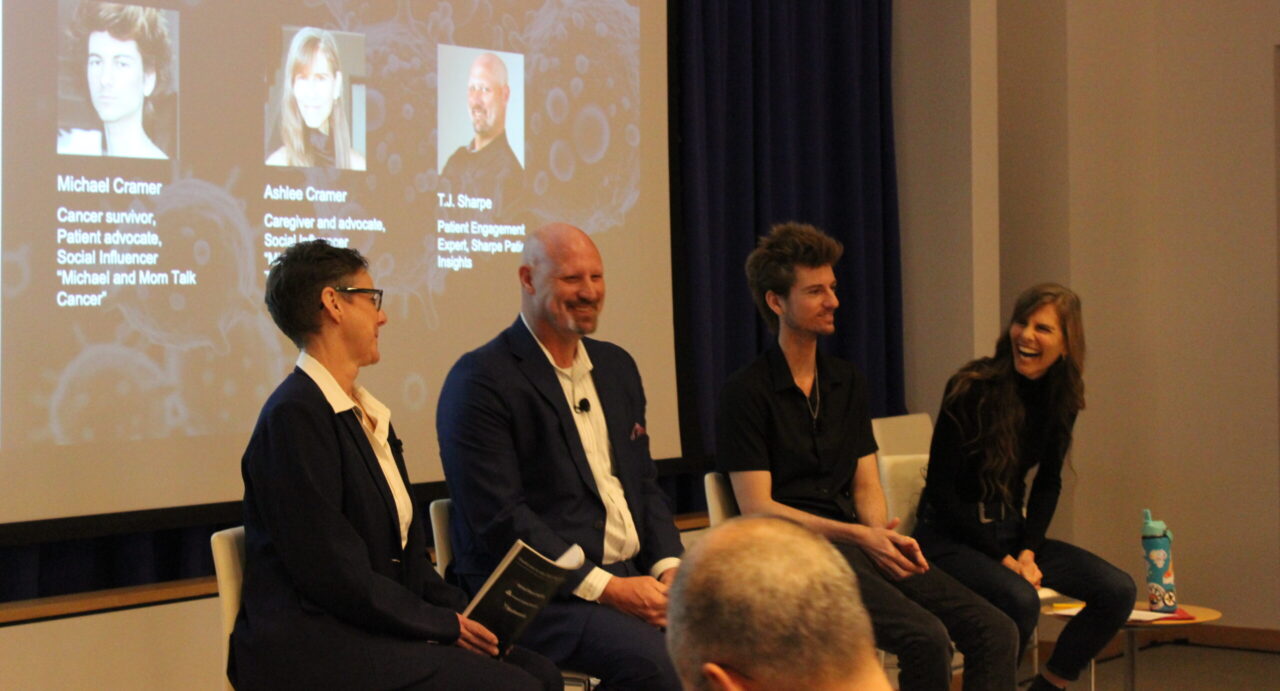Major advances in technology and our understanding of the immune system are ushering in an exciting new era of immunomodulatory approaches for autoimmune and inflammatory diseases. These include but are not limited to cell therapies, antigen-specific immune tolerizing approaches, and novel antibodies or small molecules that go beyond the traditional cytokine-targeting approaches that are standard of care today. A snapshot of some of these approaches and corresponding companies are highlighted below, but this list is far from exhaustive. In fact, in the last decade, the number of new companies entering the field (or leveraging immuno-oncology expertise to expand and/or pivot to autoimmune diseases) has skyrocketed, many with lofty aspirations ranging from long-term remission to prevention or halting of disease progression, and even functional cures.
Given the potential for paradigm-shifting treatments in the not-too-distant future, we sought out some of the companies representing different innovative approaches to better understand not only the novelty of their technology, but also the key issues and challenges they face. Our recent webinar highlighted three of these companies: Cabaletta Bio, NodThera, and Revolo Biotherapeutics.

- Cabaletta was established based on technology spun out of Carl June’s lab at the University of Pennsylvania and is centered on the CABA™ (Cabaletta Approach to selective B cell Ablation) platform, which is focused on only eliminating pathogenic B cells that express autoantibodies, while sparing the normal B cells critical to human health.
- The lead candidate, DSG3-CAART, is being evaluated in a Phase 1 study for the treatment of patients with mucosal pemphigus vulgaris, with several other high-priority targets in discovery and preclinical testing.

- NodThera focuses on innate immunity, more specifically the NLRP3 inflammasome. Activation of NLRP3 has been linked to a diverse range of inflammatory conditions, both in the periphery and CNS, and NodThera’s selective, small molecule NLRP3 inhibitors have the potential to significantly attenuate inflammatory processes without broadly suppressing the immune system.
- The company’s lead candidate, a peripherally-acting NLRP3 inhibitor, has entered Phase 1. Other product candidates in early-stage development include a brain-penetrant inhibitor with potential in several neuroinflammatory conditions.

- Revolo takes a unique approach to inducing and maintaining long-term remission in autoimmune and allergic diseases by resetting immune homeostasis via the induction of a subset of regulatory T cells. The novelty of this approach lies in the potential for sustained remission without broad immune suppression following very limited drug exposure.
- The company has two lead molecules, ‘1805 and ‘1104, which are in or entering Phase 2 development for several indications including rheumatoid arthritis, non-infectious uveitis, and eosinophilic esophagitis.
These companies all present interesting and differentiated approaches with potentially game-changing technology. The diversity of these three companies – and the hundreds of others in this space – speaks to the incredible complexity and breadth of autoimmune and inflammatory diseases. There are over 150 diseases primarily driven by dysregulation of adaptive or innate immunity or both (trust us, we’ve researched and catalogued them all), thus presenting ample opportunities for innovative approaches to reestablish immune homeostasis. The big and exciting question now is which will work for each of these diseases and how quickly will we see a true revolution in the management of autoimmune and inflammatory conditions? We tackled some of these questions and many others in our discussions with the leaders of Cabaletta Bio, NodThera, and Revolo Biotherapeutics.
“Cabaletta was launched in order to develop and launch the first curative targeted cellular therapies for patients with B cell mediated autoimmune diseases. We are making incremental advances in terms technology, but the outcome should be completely revolutionary.” – Steven Nichtberger, CEO Cabaletta Bio
One theme that emerged from our conversation was a strong focus on novel approaches that specifically target the pathways and/or cells that mediate a specific disease(s) without broadly suppressing the immune system. While each of the three company’s approaches are unique, a unifying trend was altering the immune system in ways that may not only provide significant advances in clinical efficacy but may do so in very targeted ways to avoid the safety and/or tolerability issues associated with currently available therapies. Through our engagements with many of these innovative companies and observations of trends in the space, we recognize that this theme extends across all truly novel approaches in development in this space. We see innovators leveraging an improved understanding of the immune system to fine tune approaches to ramp up efficacy while avoiding immunosuppression, offering hope for the many patients currently undergoing chronic treatment with immunosuppressive drugs that are often associated with significant side effects.
“What we’re really interested in is developing therapies that can put more patients into remission for longer, but do so in a way that is safe.” – Roly Foulkes, CSO Revolo Biotherapeutics
Another theme from our conversation was the challenge of understanding the pros and cons of potential target diseases and subsequently prioritizing and sequencing the best indication(s) for development. This is an important challenge for companies such as NodThera and Revolo who have the blessing and potential curse of broad applicability of their technology. For these companies, but also importantly those with very targeted approaches such as Cabaletta, it is imperative to select and advance the most promising indications. Thoughtful indication and target patient population selection are critical and play a key role in a company’s success and the speed at which it can inflect value.
“The challenge that we have is the breadth of the opportunity. So, the first question we get is, where specifically are you taking these compounds? Then it’s a question of how are you segmenting those populations to ensure you get the right patients into the study to show an outsized therapeutic impact?” – Adam Keeney, CEO NodThera
Given the complexities in the autoimmune and inflammatory space, the usual scientific criteria (e.g., validation of target, relevance of mechanism, predicted biomarkers) are necessary, but often insufficient bases for selecting and prioritizing indications. When advising our clients, we also consider clinical and commercial criteria including but not limited to: the presence of a validated regulatory path, feasibility of running clinical trials (i.e., ease of recruitment, expected size and length of trials), level of unmet medical need, the future competitive landscape, and size of the addressable patient population. This kind of thoughtful process for indication selection and sequencing enables companies to deploy precious capital and increase stakeholder enthusiasm about the probability of clinical and commercial success more confidently and successfully.
We titled our webinar “Next Generation Therapies for Autoimmune and Inflammatory Diseases – Evolution or Revolution?” While in the near term, some of the approaches may fall into the “evolution” bucket offering incremental improvement, we are confident that a “revolution” is within reach and are hopeful that we’ll soon see an influx of true breakthroughs for the greater than 50 million patients suffering from autoimmune and inflammatory diseases.










